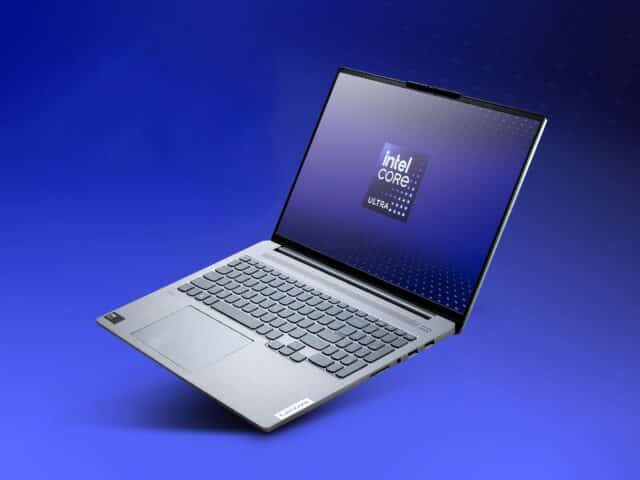Intel surpasses 500 AI models on Core Ultra processors

Today, Intel announced it has successfully optimized over 500 AI models to run on the new Intel Core Ultra processors. These AI-friendly PC chips are equipped with capabilities that enhance AI experiences, provide immersive graphics, and optimize battery life.
This milestone highlights Intel's dedication to advancing client AI through significant investments in AI transformation, framework optimizations, and robust AI tools like the OpenVINO toolkit. The array of 500 models, deployable across CPU, GPU, and NPU, spans various sources such as the OpenVINO Model Zoo, Hugging Face, ONNX Model Zoo, and PyTorch. These models encompass a wide range of local AI inferencing applications, including large language models, diffusion, super resolution, object detection, image classification, segmentation, and computer vision.
Robert Hallock, Intel's vice president and general manager of AI and technical marketing in the Client Computing Group, emphasized the importance of this achievement. "Intel has a rich history of collaborating with the ecosystem to deliver AI applications to client devices, and today we celebrate another strong chapter in the heritage of client AI by surpassing 500 pre-trained AI models running optimized on Intel Core Ultra processors. This unmatched selection reflects our commitment to building not only the PC industry’s most robust toolchain for AI developers but also a rock-solid foundation AI software users can implicitly trust," said Hallock.
Surpassing 500 AI models is a massive achievement for Intel, underscoring its efforts to nurture and support the transformation of the AI PC landscape. The Intel Core Ultra processor has emerged as the fastest-growing AI PC processor in the market, outselling its competitors in a single quarter more than all competing processors combined in 2023. It also stands as the most robust platform for AI PC development, supporting more AI models, frameworks, and runtimes than any other processor vendor.
AI models are crucial for developing AI-enhanced software features, such as object removal, image super-resolution, or text summarization. These models form the backbone of AI capabilities, linking the number of enabled/optimized models directly to the breadth of AI features that can be introduced to the market. Without these models, the design and optimization of such features would not be feasible.
AI models serve as a fundamental layer in the software stack that influences the performance, stability, and capabilities of AI-driven applications. These models are designed to analyze vast data sets, draw conclusions, and execute tasks based on those conclusions. Developers leverage these models to create innovative AI PC features, enhancing user experiences with capabilities such as automatic text summarization, energy-efficient teleconferencing, or seamless removal of undesired objects in images.
OpenVINO toolkit highlights Intel’s commitment to optimization by balancing the workload across all compute units of the Intel Core Ultra, compressing models for efficiency, and fine-tuning the runtime to maximize memory bandwidth and core architecture utilization.
The more than 500 optimized AI models offer numerous advantages:
- They facilitate the development and deployment of AI applications.
- They cover over 20 AI categories, including advanced fields like diffusion, large language processing, and computer vision.
- Notable models include Phi-2, Mistral, Llama, Bert, Whisper, and Stable Diffusion 1.5.
- They enhance system stability, reliability, and overall performance, ensuring a superior user experience.
Intel's continuous effort to enable a high-performance model ecosystem on the Intel Core Ultra processors paves the way for a broad range of innovations in software development, simplifying the integration of sophisticated AI features into everyday PC applications.
